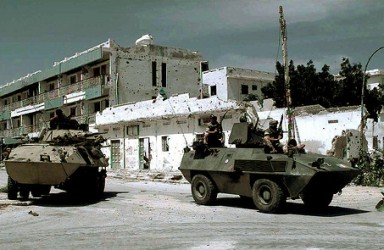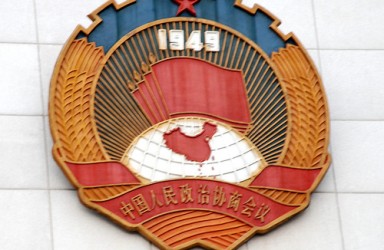The Complicity of International Markets in Human Rights Violations
Corporate Social Responsibility is a farce: a lack of transparency, increased competition, poor international regulation, and corruption cause corporate violations of human rights law.
Can Objections to Singer’s ‘Famine Relief Argument’ be Morally Justified?
There are numerous conflicts between the FRA and our common intuition. Consequent objections against the FRA may be plausible, but do not provide sufficient moral justification to reject the FRA.
Interpretation in Foreign Energy Policy
Shaping foreign energy policy at the state level and international energy relations at the international, interpretation of energy resources grounds an energy policy’s political logic.
The Concept of “State Failure” and Contemporary Security and Development Challenges
Though ‘failed states’ continue to pose significant transnational security problems, the emergence of informal actors challenges the assumption of a complete absence of governance.
Elites and Democracy in China
Though it has been argued that China will democratize in the near future, only time will tell whether the elites will perceive the benefits of democracy as outweighing the costs.
Violent Peacekeeping: An Evaluation of the Performance of ECOWAS in the First Liberian Civil War (1989-1996)
The first Liberian civil war is a vital prerequisite in understanding just how fallacious the Economic Community of West African States was in its activities before, during, and after the conflict.
Can Stable Democracy Be the Outcome of Military Interventions?
Only in rare cases does military intervention lead to stable democracies. Successful democracy implementation is usually dependent on the internal factors and conditions of a state.
The End of History, US Democracy Initiatives, and the New World Order
US democracy promotion initiatives are often imbued with undertones of national interest, and are not necessarily the most effective means of promoting international peace and security.
‘Do No Harm’ Revisited: Assessing the Challenges of Its Relevancy in Post-Earthquake Haiti
Though this study shows that Anderson’s ‘Do No Harm’ can identify the shortcomings in the provision of aid, it also stresses that it cannot be applied to every context.
Developing Countries and “Cross-Retaliation” in the WTO
Developing countries do not systematically use “cross-retaliation” in the WTO, since the economic incentives do not benefit them and preceding cases have shown to be unsuccessful.










